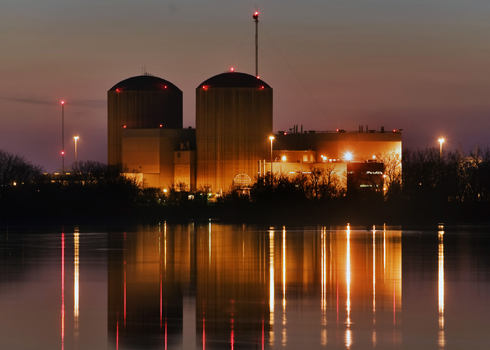As Japan struggles to bring its spiraling nuclear catastrophe under control, a new study in a journal published by the American Medical Association (AMA) finds that, from a public health standpoint, U.S. states are “poorly prepared” to respond to a major radiation emergency.
“[T]he nation remains poorly prepared to respond adequately to a major radiation emergency incident,” the study, titled “State-Level Emergency Preparedness and Response Capabilities,” says. “Capabilities are insufficient or inadequate throughout the functions assessing planning in state health departments, resources in the state health department and other state agencies, and relationships with federal and other partners. For some measures, as many as 85% of responding states reported insufficient capability to respond to a radiation incident.”
38 state health departments participated in the survey, including 26 of the 31 states that have nuclear power plants. States with nuclear power plants were asked to consider their responses independent of plant-specific plans and resources.
The study found several gaps in states’ radiation emergency preparedness. For one, the survey reports that 73% of states “reported having minimal (53%) or no (21%) plans to conduct population-based exposure monitoring.” Meanwhile, only 13% of states surveyed reported having “any written or detailed operations plan for radiologic analyses of biological or clinical samples.” And 42% of states reported little or no planning to test first responders for radiation contamination.
“Few reported having sufficient resources to do public health surveillance, radiation exposure assessment, laboratory functions and other capabilities,” the study says.
The study does praise most states for having written radiation response plans, and for including detailed sections on communications issues within them.
A majority of states surveyed suggested they in the case of a radiation emergency, they would place great importance on federal resources and expertise.
The study, conducted by a number of state health officials, was accepted for publication in January, before an earthquake and an ensuing tsunami in Japan resulted in a potential radiation catastrophe for the country.










